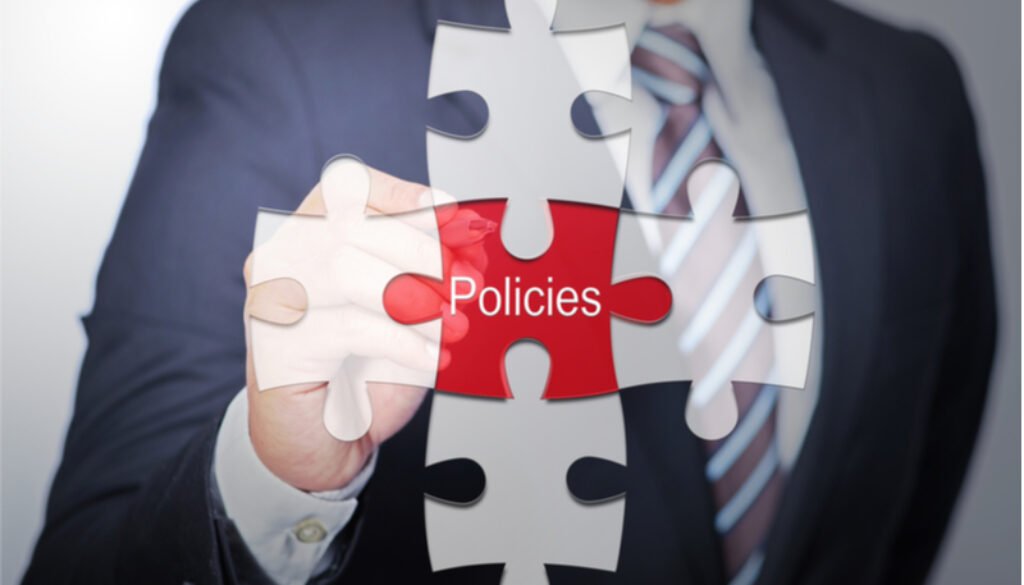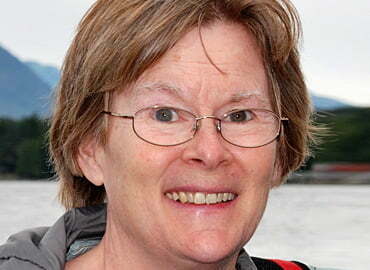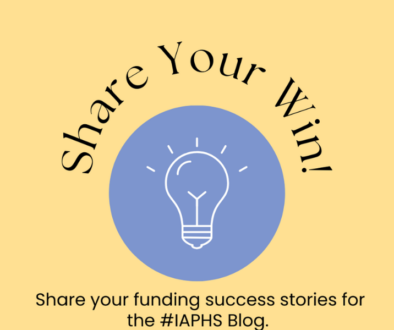Making Population Health Science Actionable for State and Local Policymakers
Christine Bachrach
In local communities and state houses around the country, policymakers have a need for information, data, and scientific knowledge. But, how can scientists get the right information to them, at the right time? A panel of experts recently convened by IAPHS discussed both what policymakers need from scientists for decision-making and how to communicate with policymakers effectively.
The panel included Rashawn Ray, Professor of Sociology at the University of Maryland, College Park; Dalia Palchik, of the Board of Supervisors in Fairfax County, Virginia; and M. Norman Oliver, former State Health Commissioner at the Virginia Department of Health. Anne Ekedahl (formerly De Biasi), a health policy consultant with over 30 years of work in health care, community health, and health policy, moderated the panel. Panelists provided a wealth of advice for policy-minded population health researchers. IAPHS members can view the full recording of the March 31, 2022 webinar here.
As a scientist with population health expertise, you can offer policymakers a lot: an objective voice, robust empirical data, and often evidence on the impact of potential policy changes. You can share knowledge from research you’ve already done or collaborate to design new research to answer specific questions. Following are a few tips offered during the panel.
Build Relationships.
Whatever your goal, the first step is building relationships, and that means getting to know your audience. Contact policymakers or their staff by email, phone, or visits; ask around to see if someone can introduce you. Don’t make assumptions about a policymaker’s interests or willingness to support a particular policy based on political affiliation – this isn’t a reliable predictor.
Identify Needs.
Find out what policymakers are struggling with and consider how your expertise, knowledge, and data could help. Visit websites, attend public meetings, and read newsletters. Identify the committee or group most likely to care about your research and talk to staff. Take a look at local budgets – these are public documents and great tools for identifying policy priorities. Know what research is already supporting policy making in your area of expertise – what value-add can you bring?
Provide Relevant Information.
Policymakers don’t have time to come to the ivory tower, and most welcome your outreach. Match your message to a specific policy issue that they care about. Map your data to the policymaker’s legislative district to make them even more relevant. Don’t focus only on the problem; also include what to do about it. Sometimes the biggest contribution you can make is simply providing data in a way that informs action. For example, identifying specific areas where COVID vaccination was lagging in Virginia enabled the development of targeted campaigns that produced equity in vaccination.
Communicate Effectively.
Communicate with policymakers in plain language. Don’t oversimplify your message, but do avoid jargon. Use creative data visualization techniques to get your message across. Write a policy brief – one page that gives a concise message but also provides links to more detailed information. Practice your pitch with nonacademic friends. Sign up to provide testimony. Another way to spark attention is to publish an op-ed – building public awareness of a problem is essential for policy change.
Identify Partnerships.
Find others with shared interests. Community members and local nonprofits and businesses may also have concerns relevant to your research as well as existing relationships with policymakers. If you are working with local policy and community members to develop a study, contribute your subject-matter and methodological knowledge as a complement to their own expertise. Advocate for the best methodological approaches to answer questions that may lead to policy change or program funding.
Is it possible to combine this kind of policy outreach with an academic career? Many scholars are doing just that, by aligning their policy outreach with scholarship that is counting towards tenure and promotion. And many universities are becoming aware of the need to adjust criteria for tenure and promotion to account for the value of this kind of work. IAPHS held an October 2021 webinar on this issue, viewable here.
This webinar, Making Population Health Science Actionable for State and Local Policymakers, was part of a yearlong Research to Action Webinar and Discussion series hosted by IAPHS. Each of the four scheduled webinars is followed by a small group discussion about developing relevant tools. Full details on the series are available here.






All comments will be reviewed and posted if substantive and of general interest to IAPHS readers.